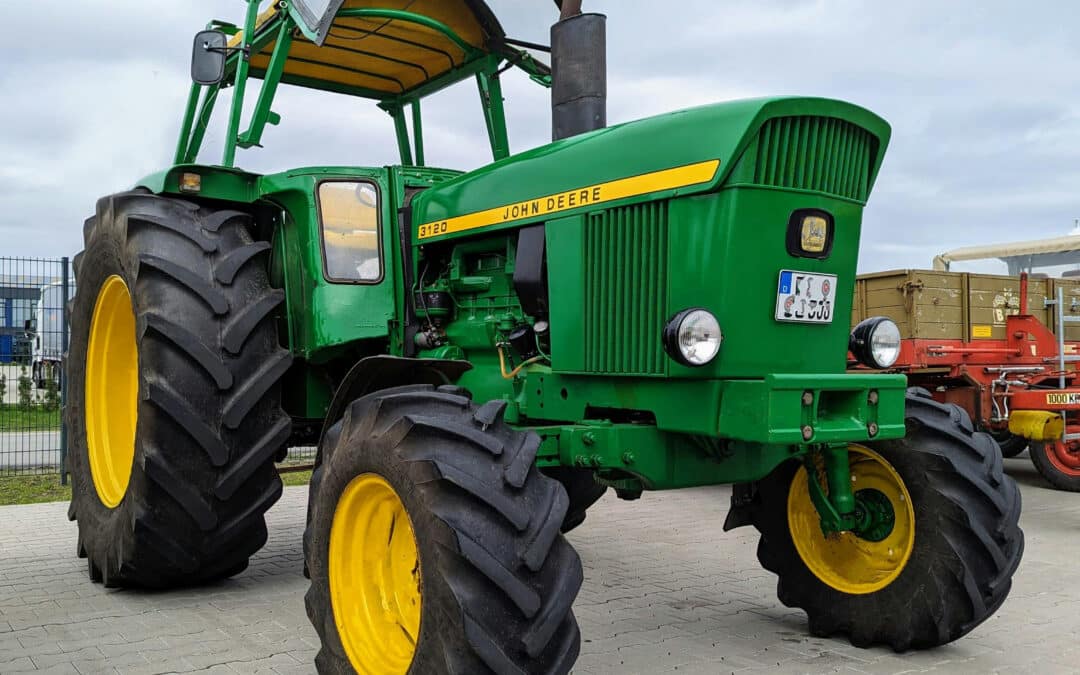The machinery industry drives industrial development. It supplies advanced technologies and equipment to manufacturing, construction and many other sectors. Reliable transportation and professional machinery forwarding are the foundation of efficient logistics. They ensure timely delivery and cargo safety. Professional transportation of machinery must take into account the size and weight of the cargo. It must also fully comply with the applicable regulations, specific loading requirements and appropriate safeguards along the entire route.
A comprehensive logistics service avoids costly downtime and ensures production continuity at industrial plants. Precise route planning, selection of appropriate means of transportation and effective coordination of the entire process directly affect the competitiveness of companies operating in the machinery sector. Cooperation with an experienced logistics partner is a guarantee that machines will arrive in perfect condition. As a result of this cooperation, the entire supply chain operates more efficiently, the risk of delays and unforeseen costs is reduced.
Transportation of industrial machinery – variety of cargoes and logistical challenges
Transportation of industrial machinery is a very demanding process. The industry covers a wide range of equipment – from massive steel structures to advanced automation systems. Each load has individual characteristics. It differs in size and weight and requires specific preparations and safeguards.
The transportation of oversized and non-standard machinery, such as lathes, milling machines or production line components, requires careful planning. Both special permits and the adaptation of infrastructure and the selection of routes that take road restrictions into account are of great importance to its efficiency.
Efficient logistics in this area is based on precise coordination of all stages of transportation. The weight and dimensions of the equipment determine the choice of suitable vehicles and the use of appropriate fastening systems. In the case of delicate industrial equipment, care must also be taken to provide additional safeguards, such as vibration absorption and strict control of weather conditions.
Mistakes in the organization of transportation consequently lead to damage to machinery and to costly downtime for businesses. Cooperation with experienced logistics operators minimizes the risk, as it ensures that the machinery arrives at the site in perfect condition, ready for operation.
Safety, technology and regulations affecting the transportation of machinery
Every load must be properly secured and stabilized for transportation. Incorrectly securing machinery leads to its displacement and carries the risk of damage. In extreme cases, it also poses a serious safety hazard on the road. To avoid such situations, specialized fastening systems, conveyor belts and shock absorbers are used to effectively eliminate the risk of uncontrolled movement and overloading of the structure.
Proper selection of trailers and vehicles is a major part of planning the transportation of industrial machinery. Low-loading platforms, modular semi-trailers with hydraulic steering or specialized containers must be adapted to the characteristics of the cargo being transported. Sometimes an incorrect configuration leads to exceeding permissible axle loads. This results in additional costs and delivery delays.
Safety in the transportation of machinery is also subject to numerous regulations – both domestic and international – covering the transportation of bulky cargo. Each operation requires appropriate permits and, in some cases, pilot escorts and cooperation with administrative authorities. Of great importance is the proper stowage of cargo, proper marking of transport and meeting the technical requirements for the machinery being transported.
Professional machinery forwarding – a guarantee of effective and efficient operation
Every stage of transportation – from detailed route planning to safe unloading – must be carried out in accordance with strict logistical standards. Experienced freight forwarders who coordinate activities will ensure compliance with applicable regulations. Knowledge of supply chain management, familiarity with customs procedures and the ability to organize multimodal transportation are a guarantee that the entire operation will be carried out successfully.
Logistics in the machinery sector requires precise selection of routes and constant monitoring of transportation. The transportation of oversized machinery often necessitates the use of various modes of transport – road, rail, sea or air. Each of these forms is associated with certain restrictions and procedures, so effective multimodal coordination is one of the biggest challenges in the industry. That’s why competent management of the entire process can minimize the risk of delays and increase the

